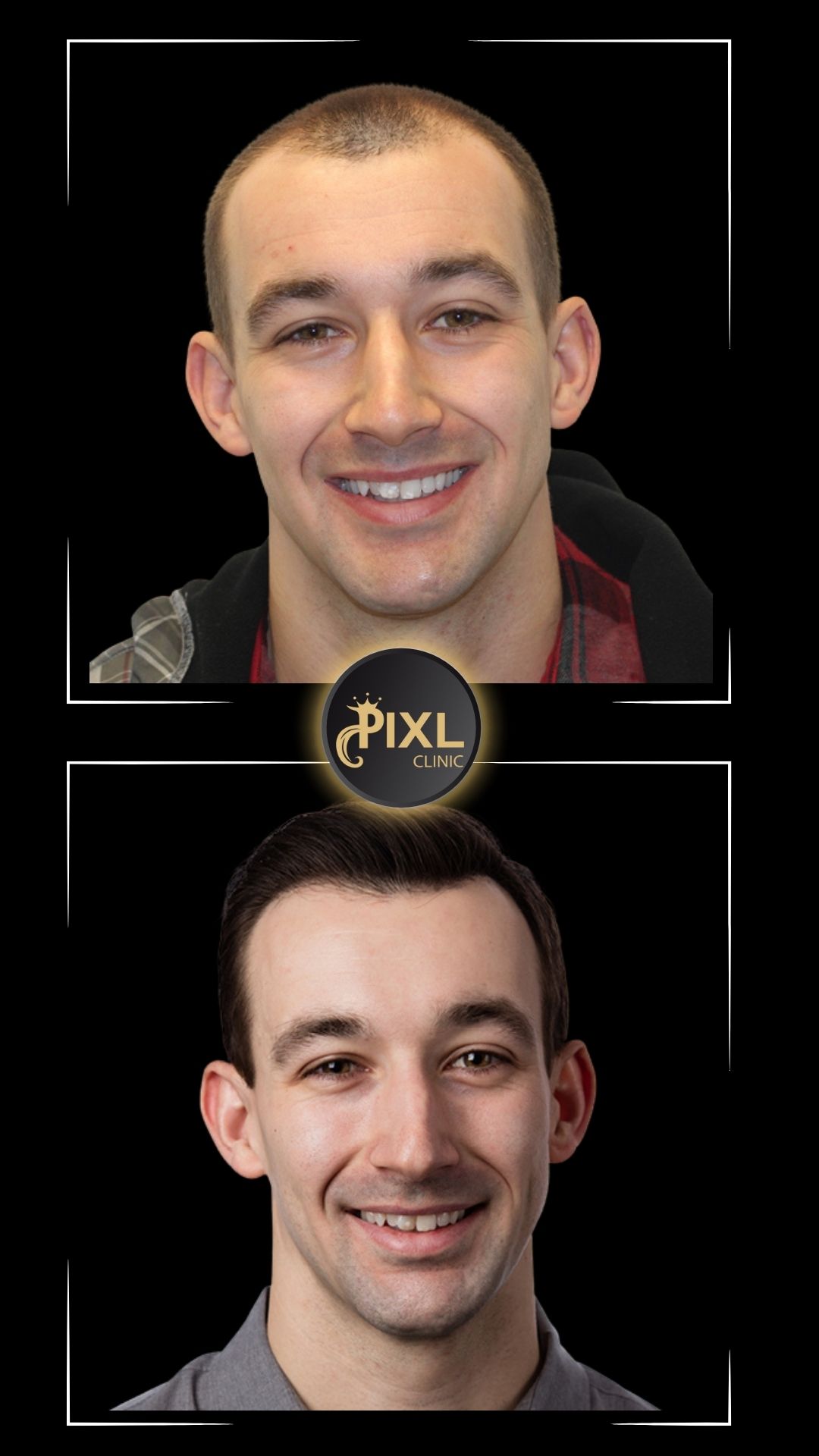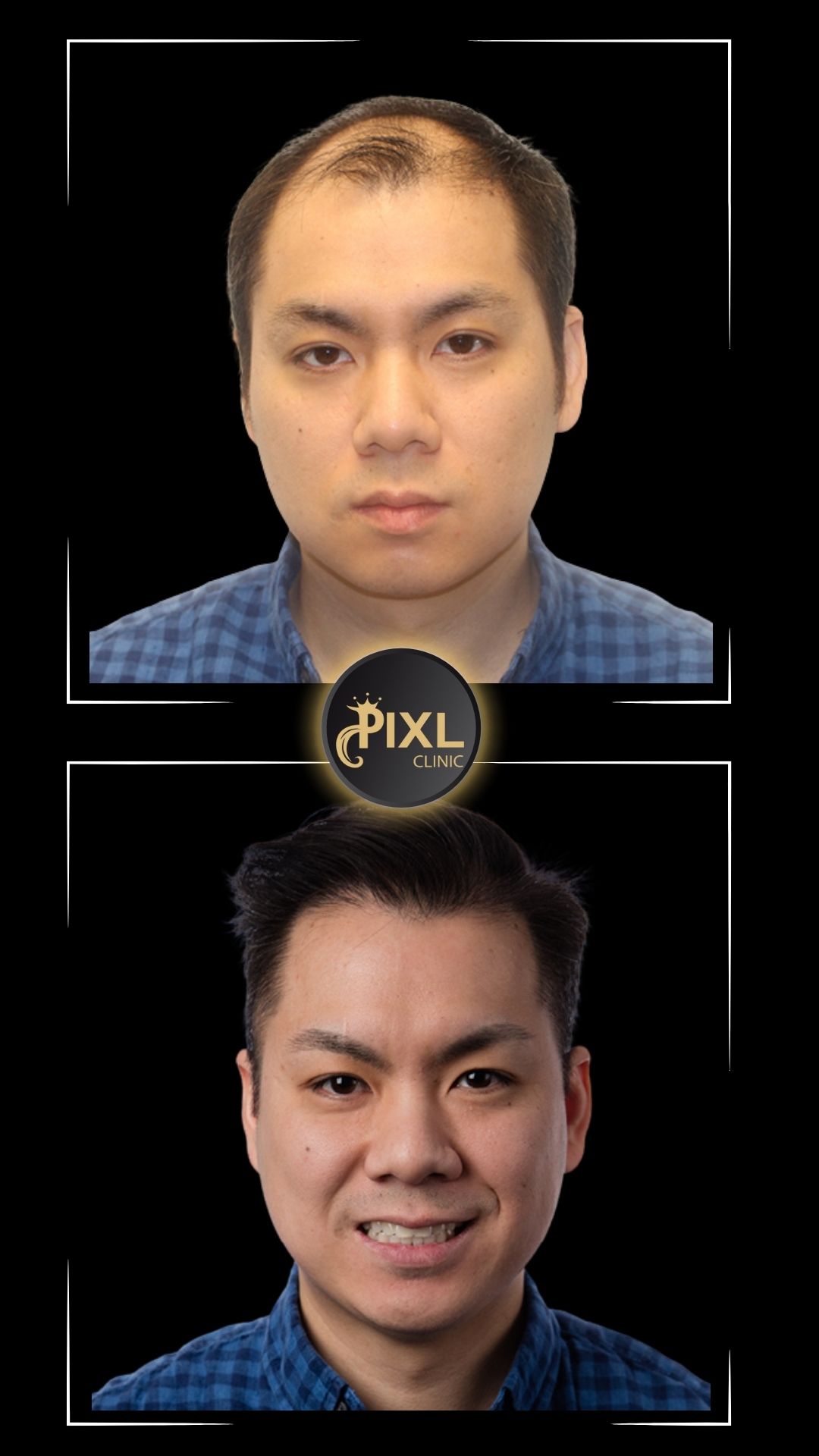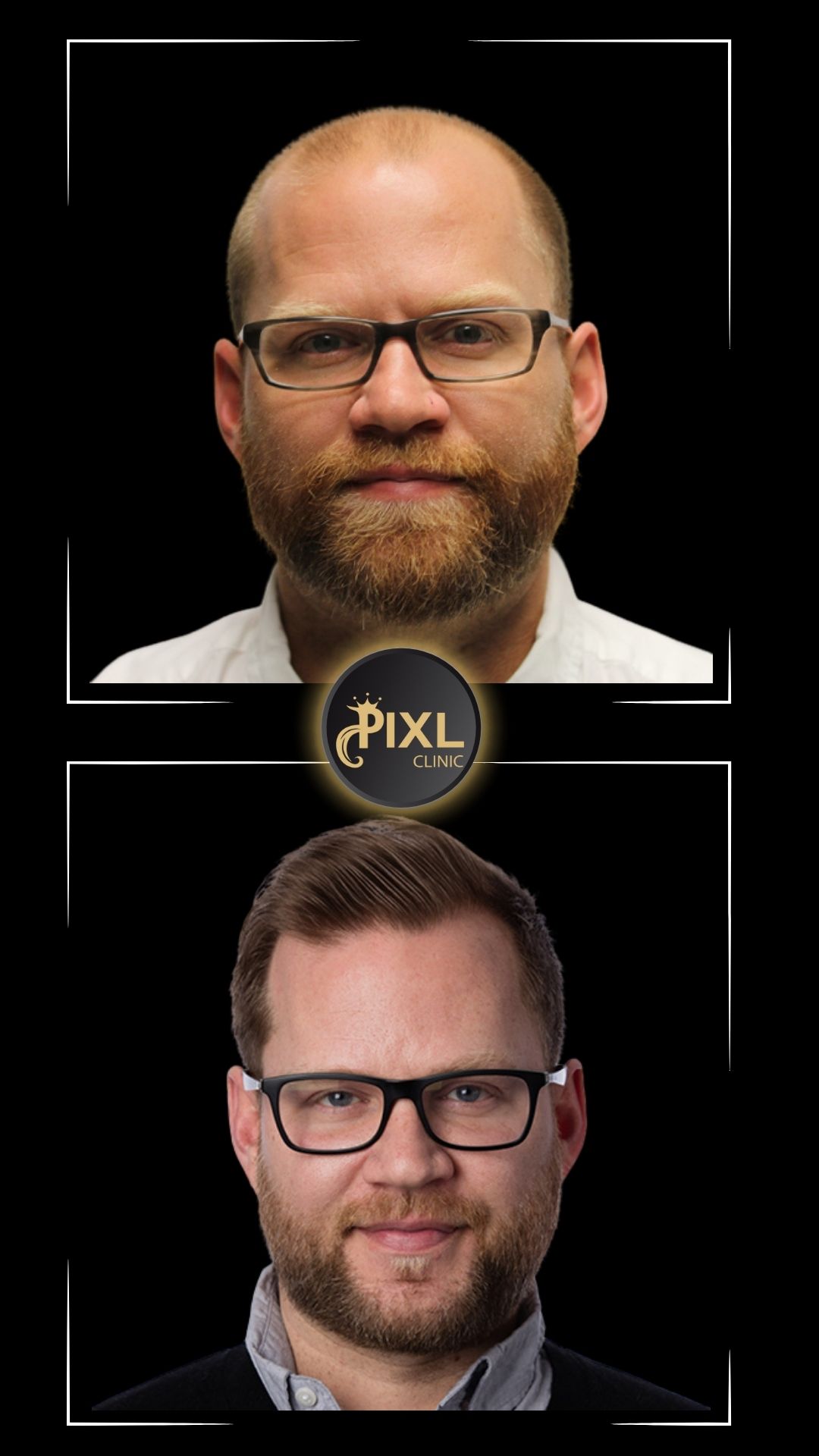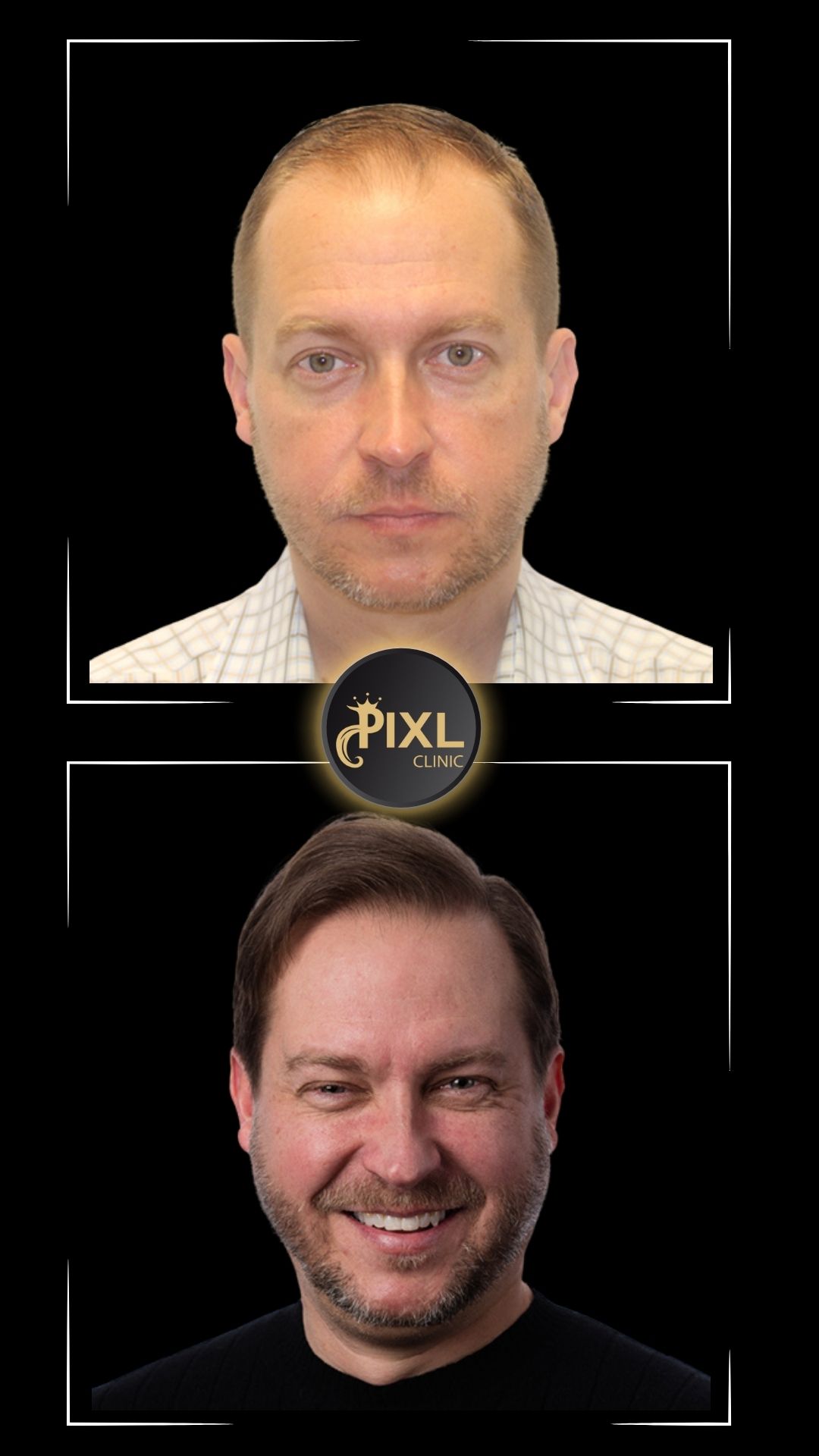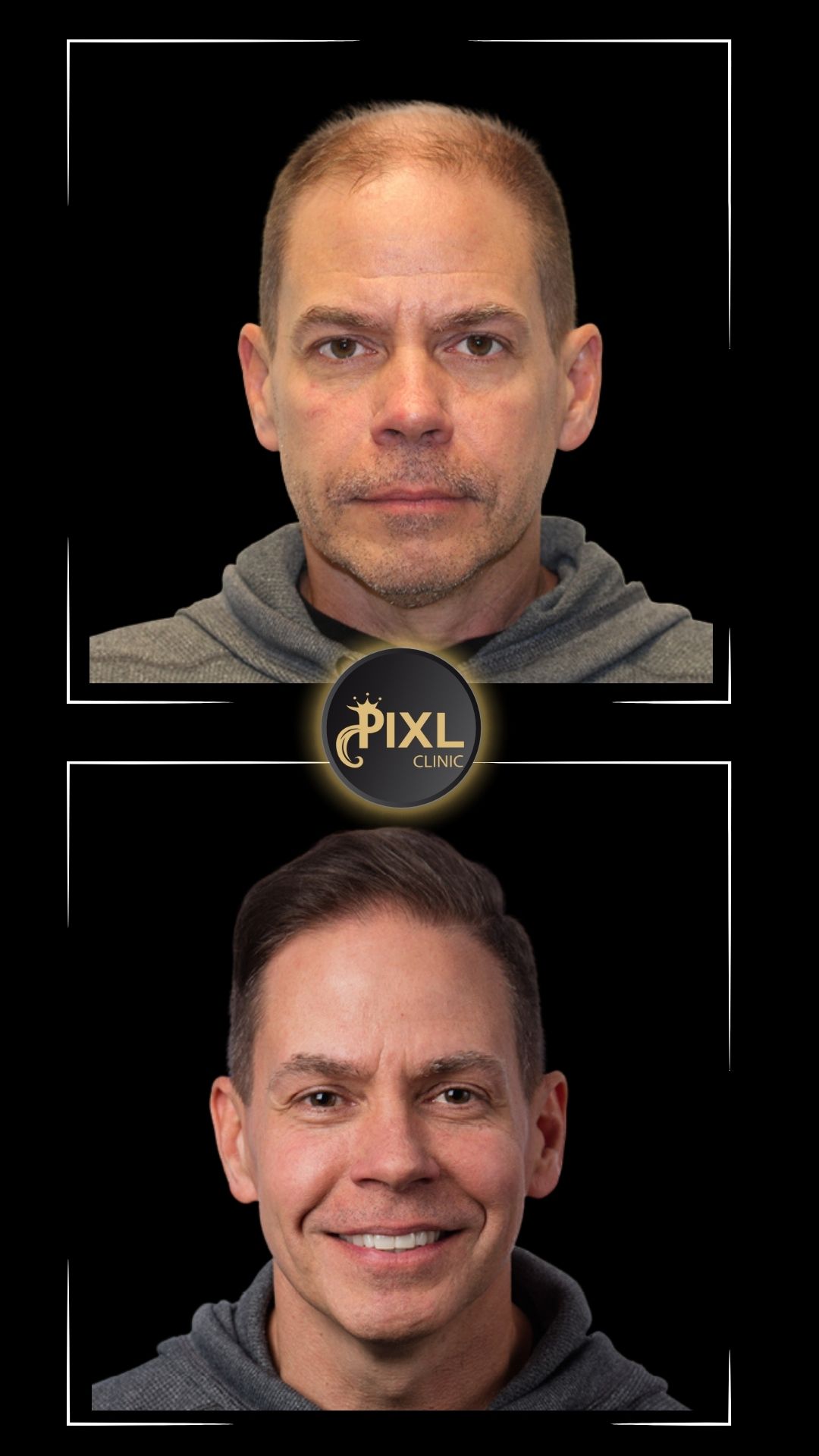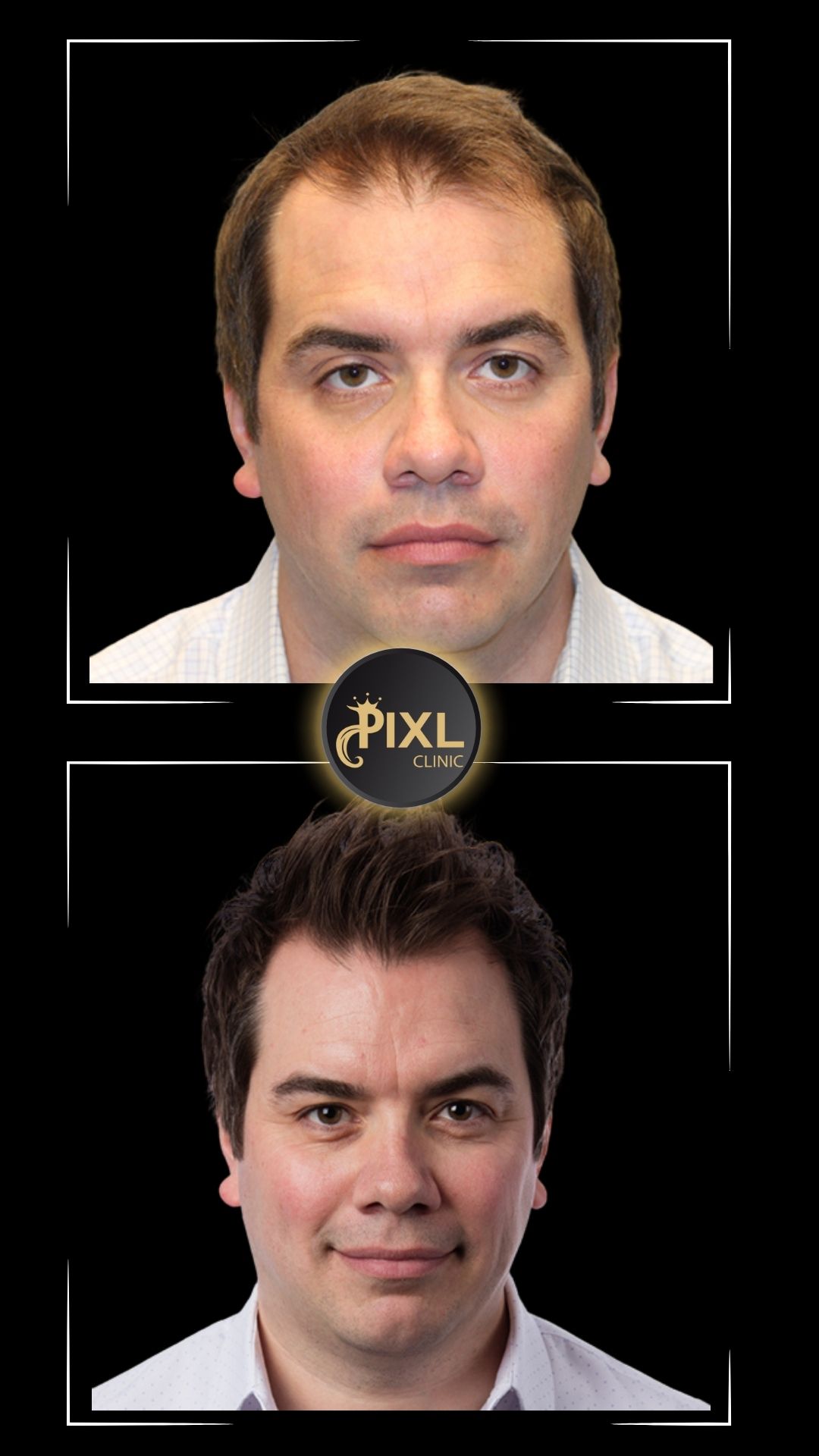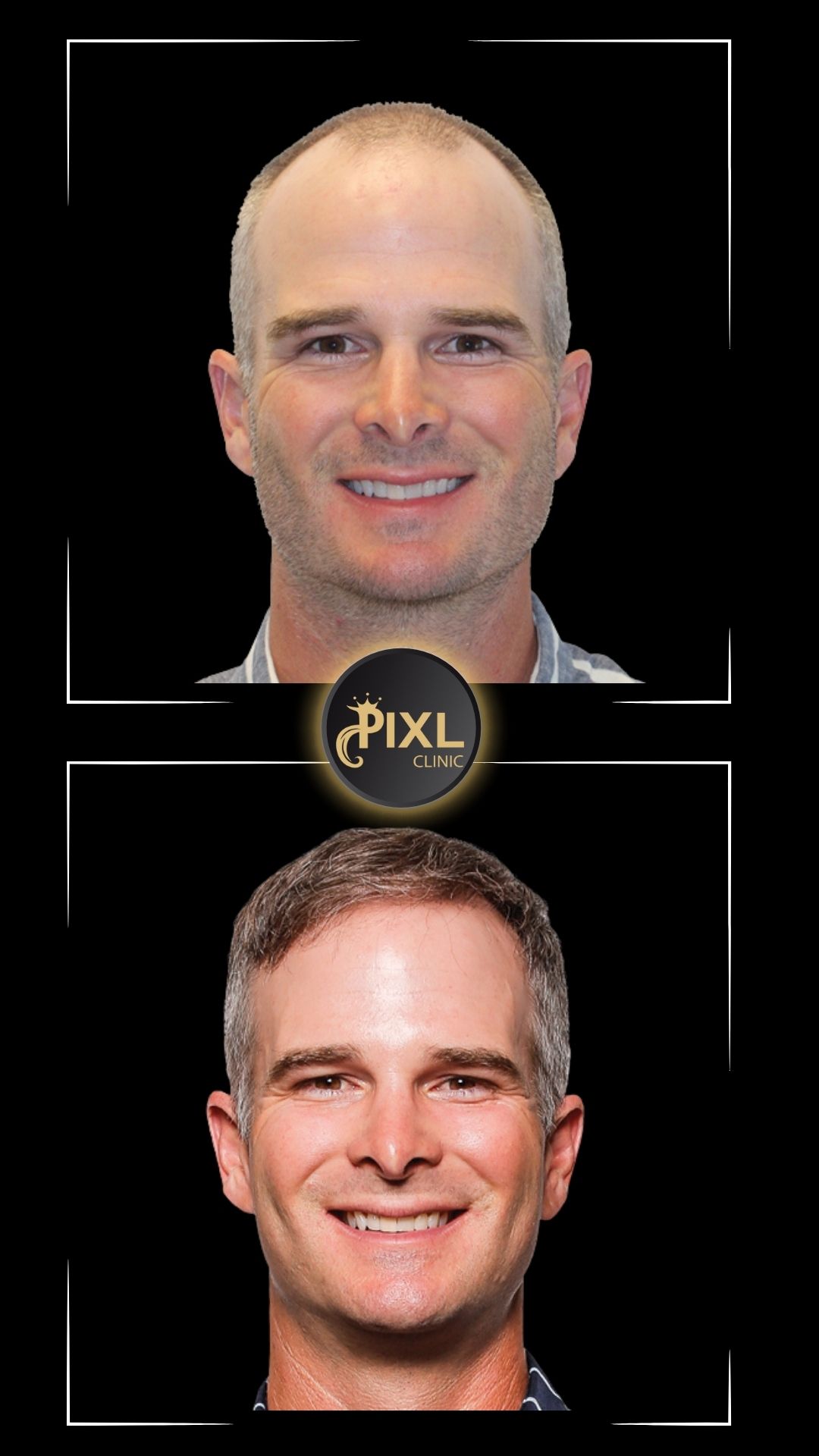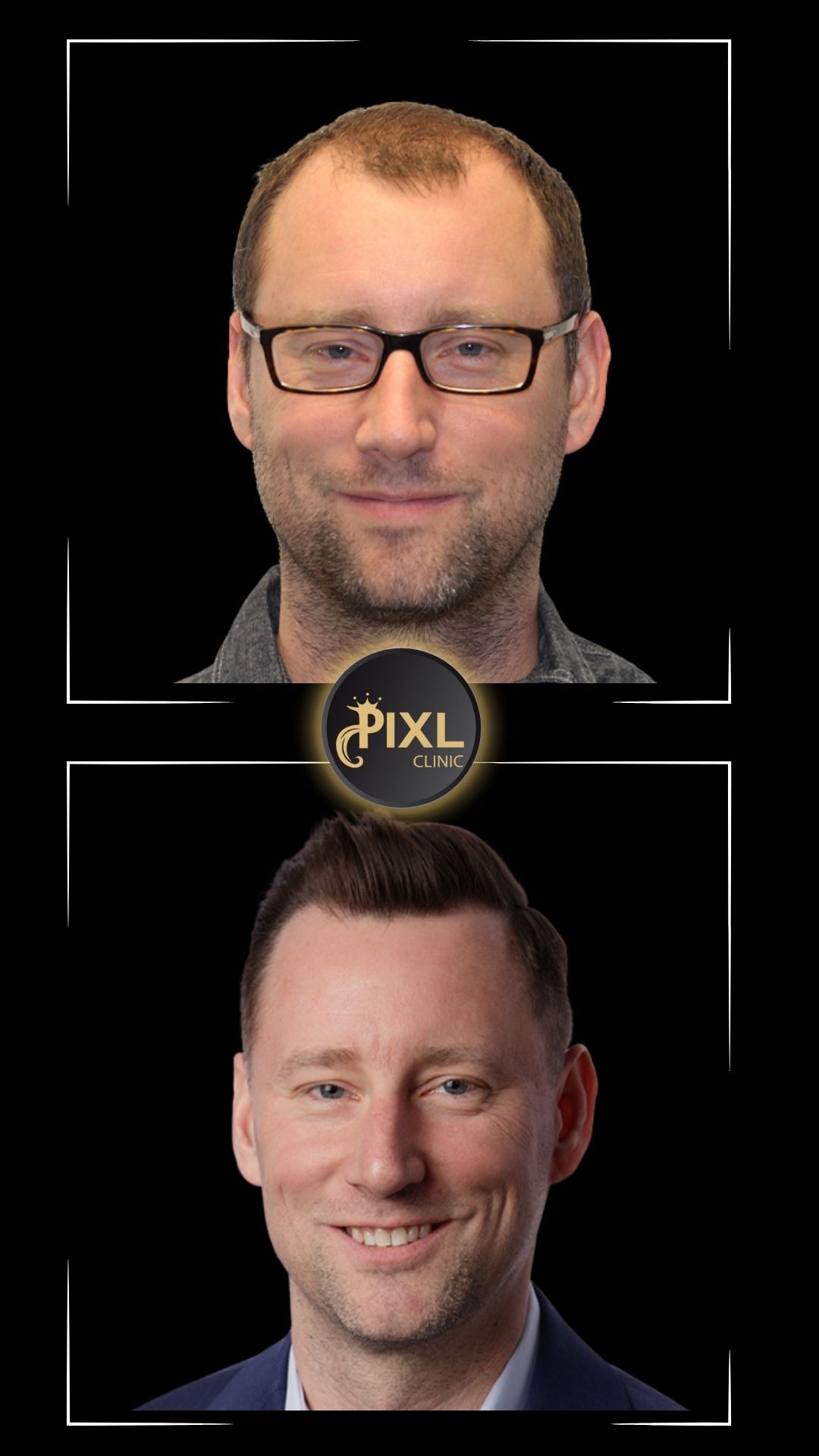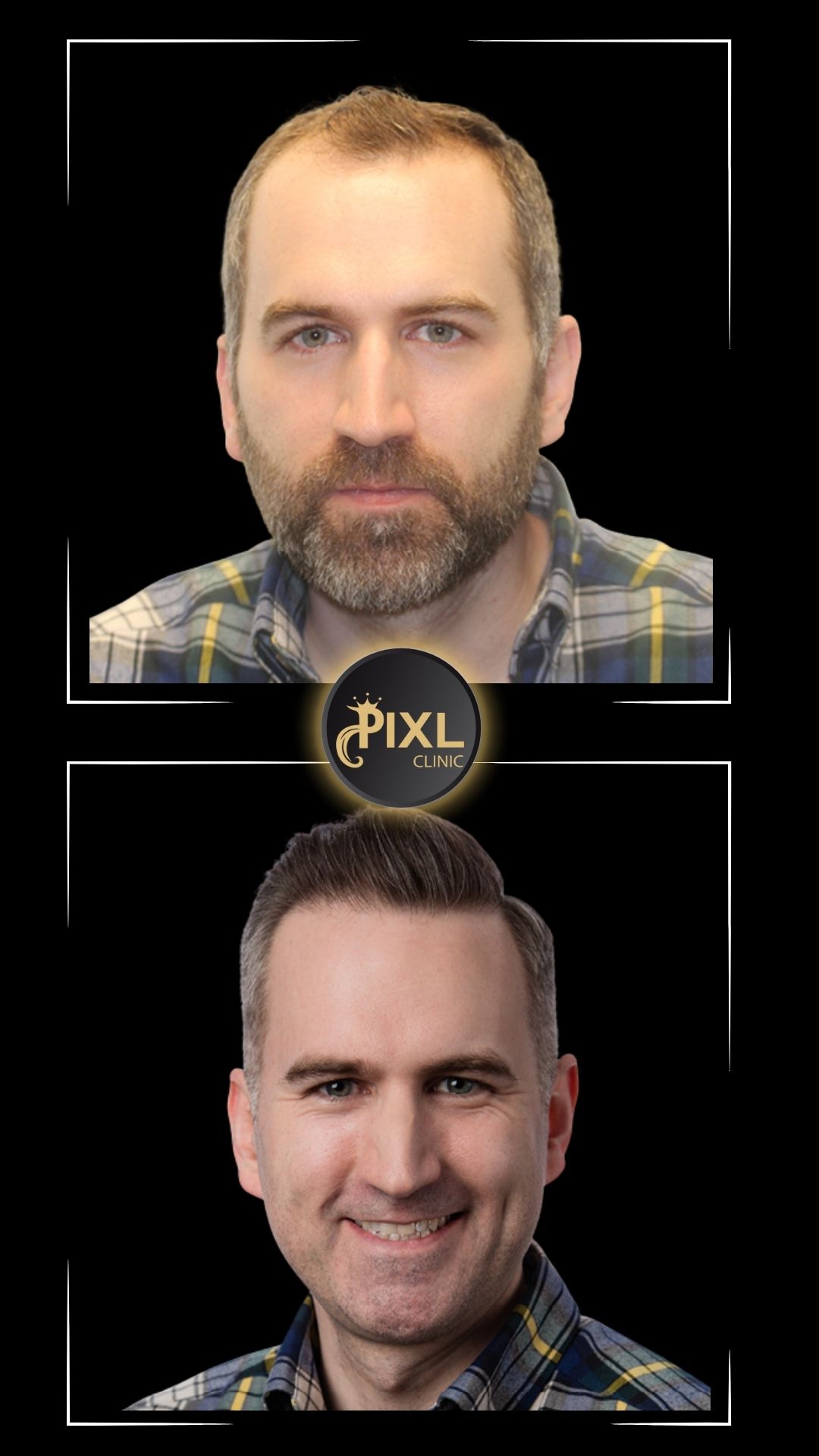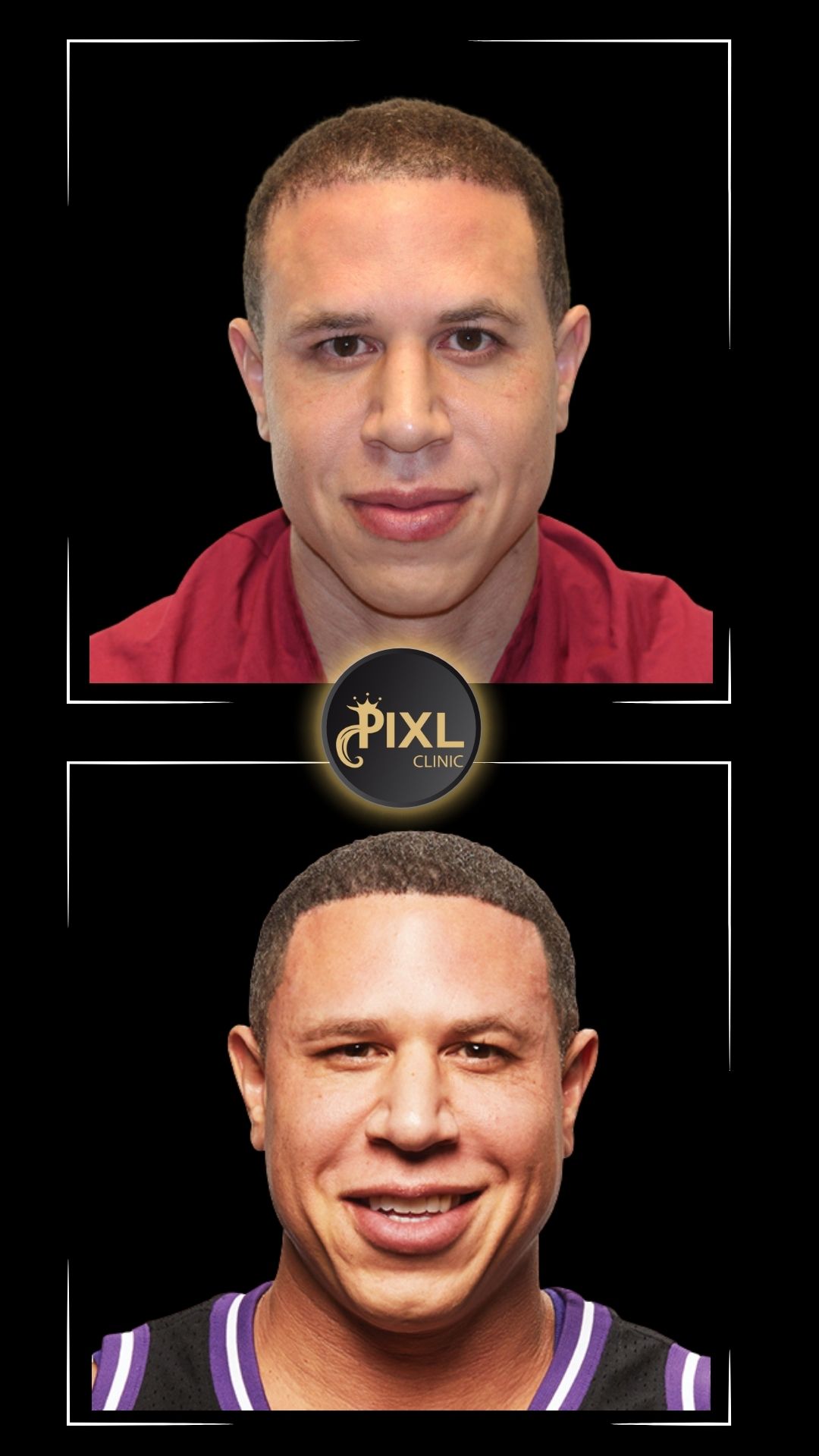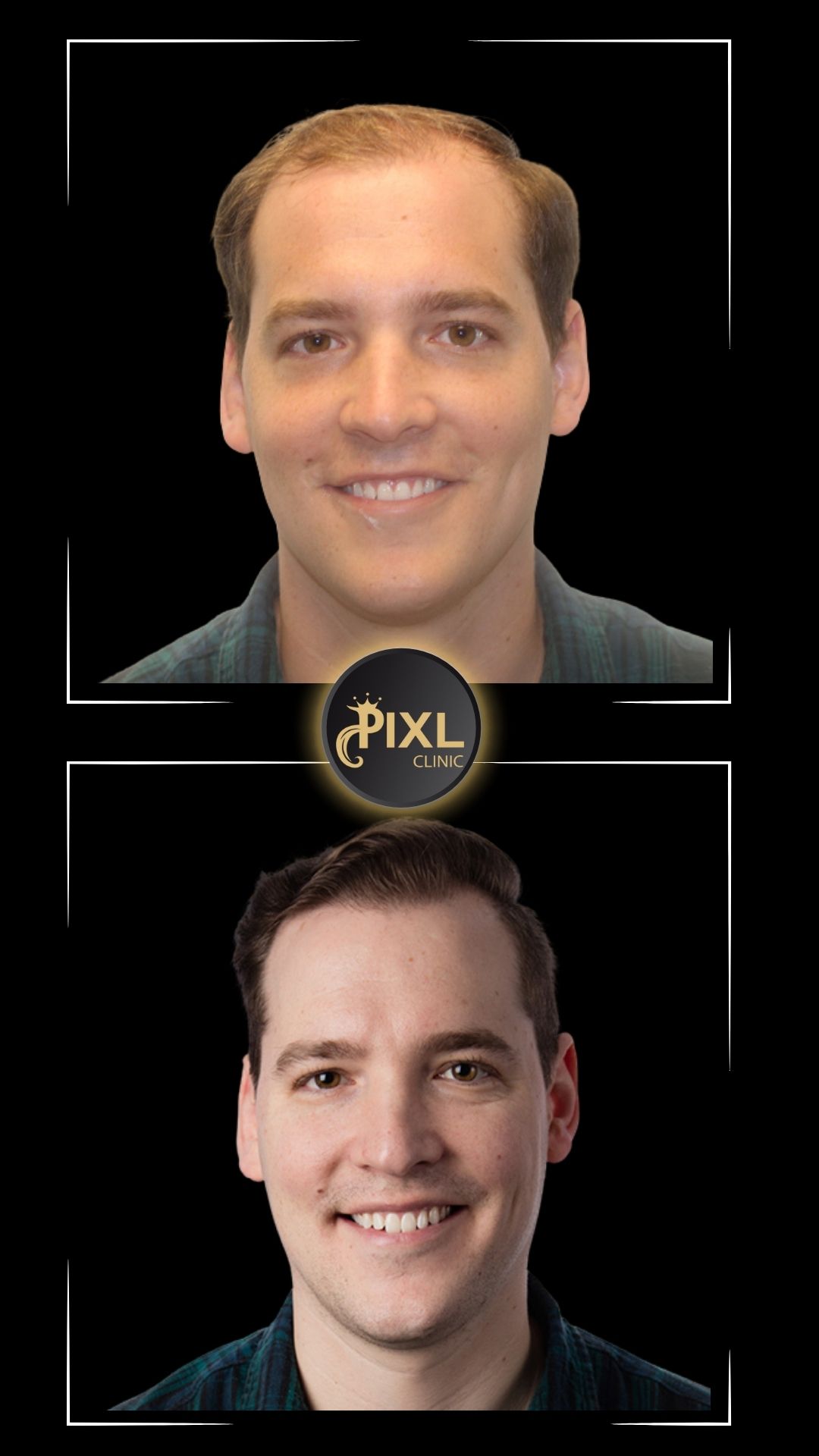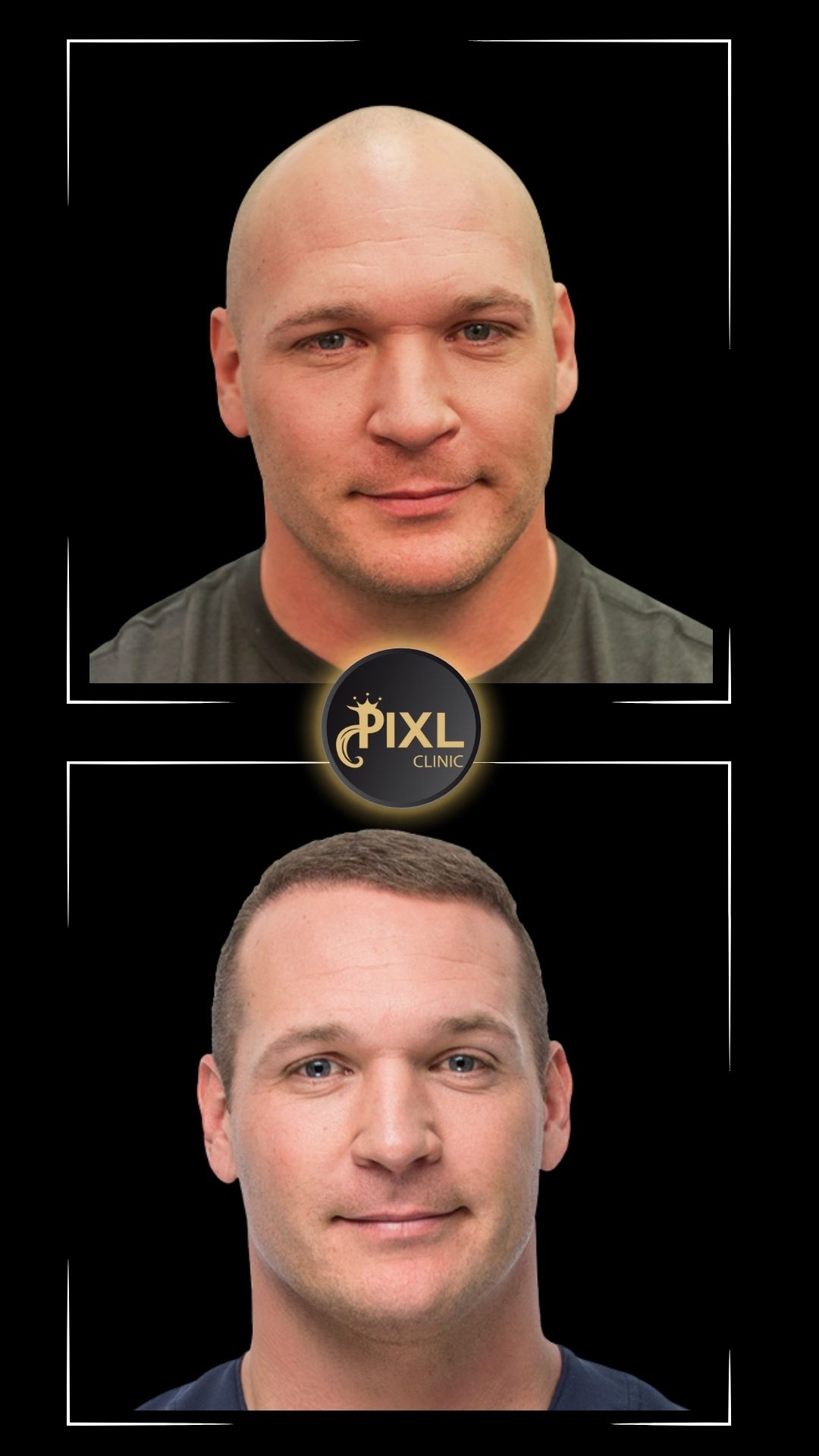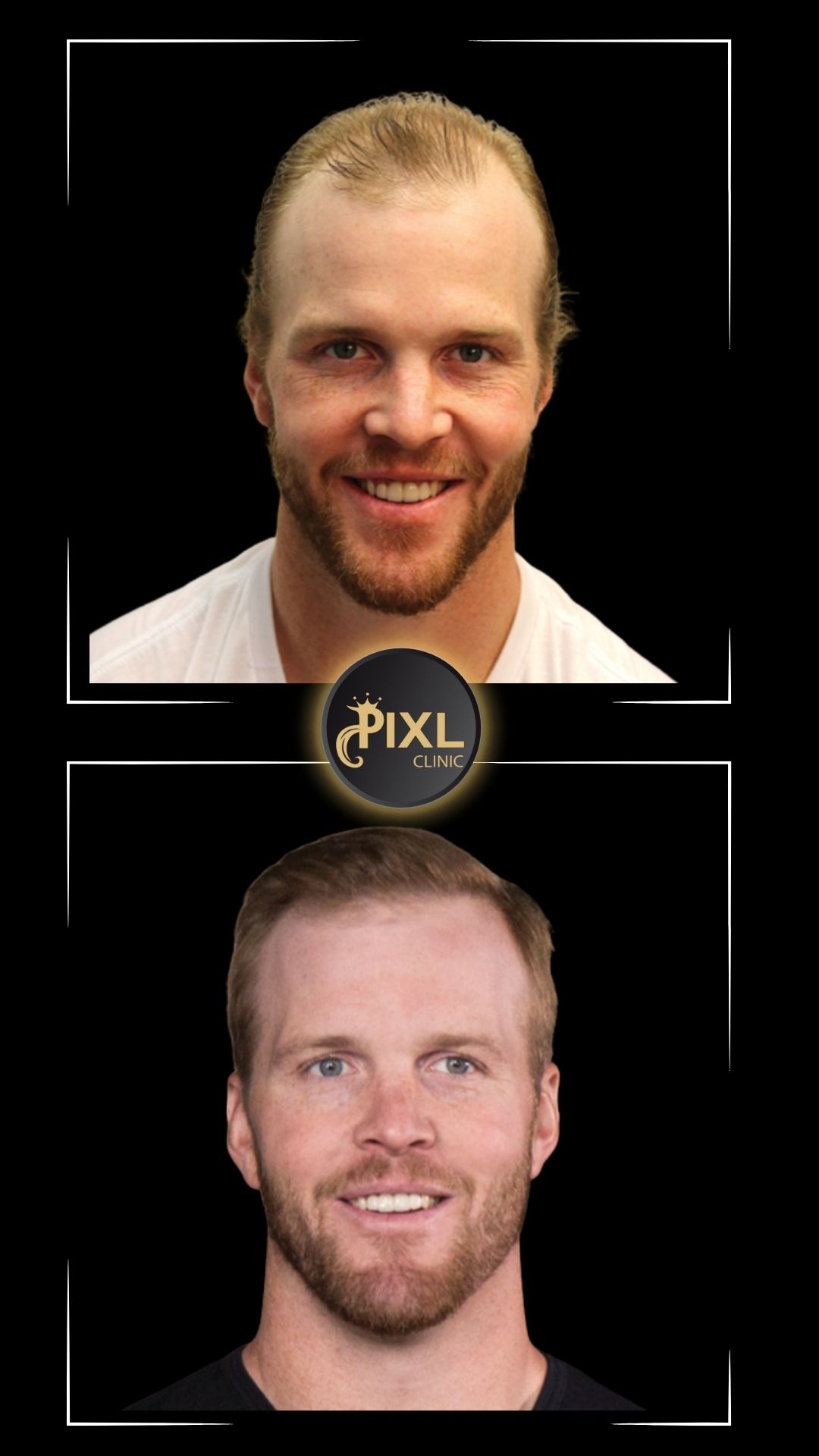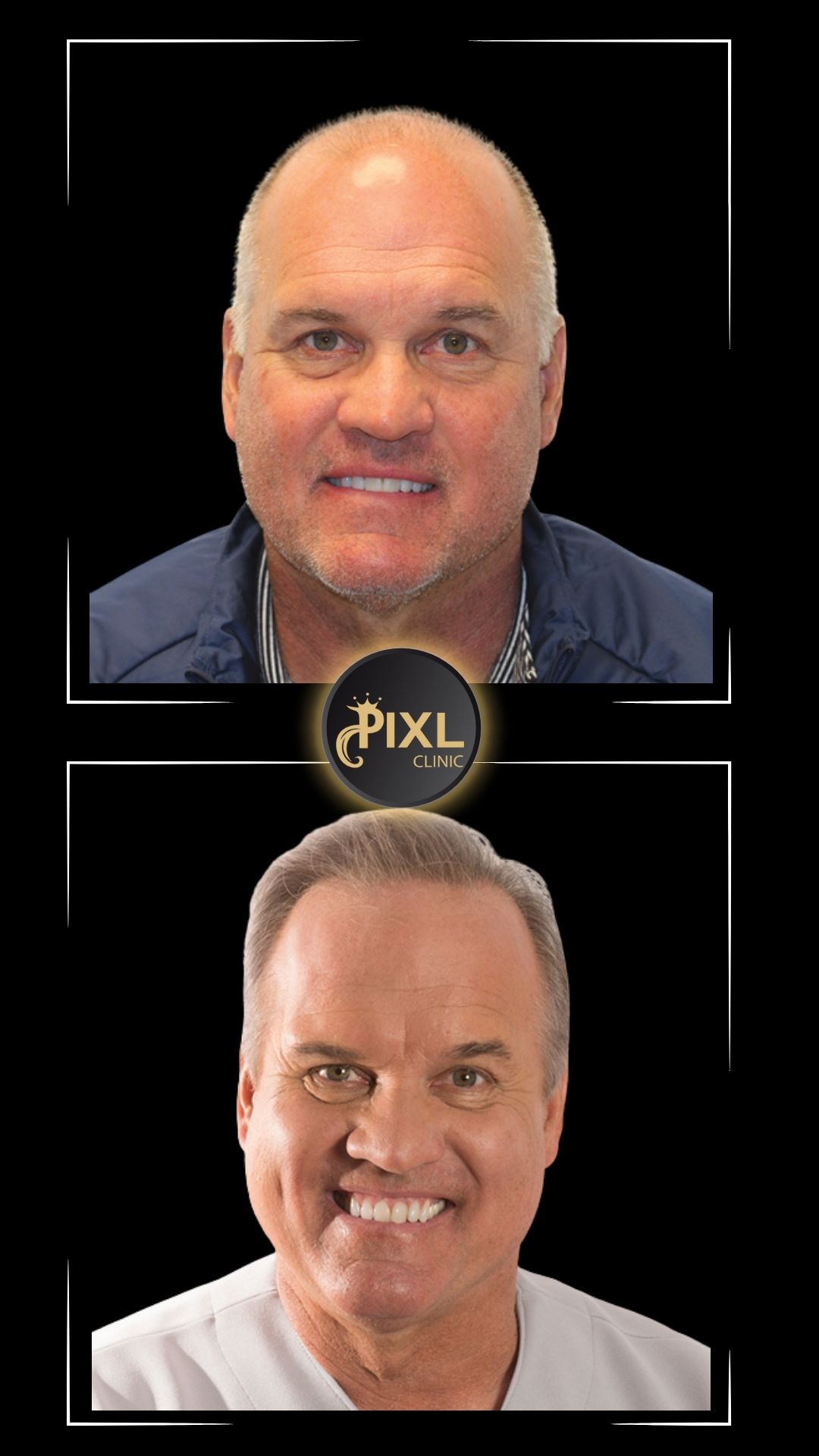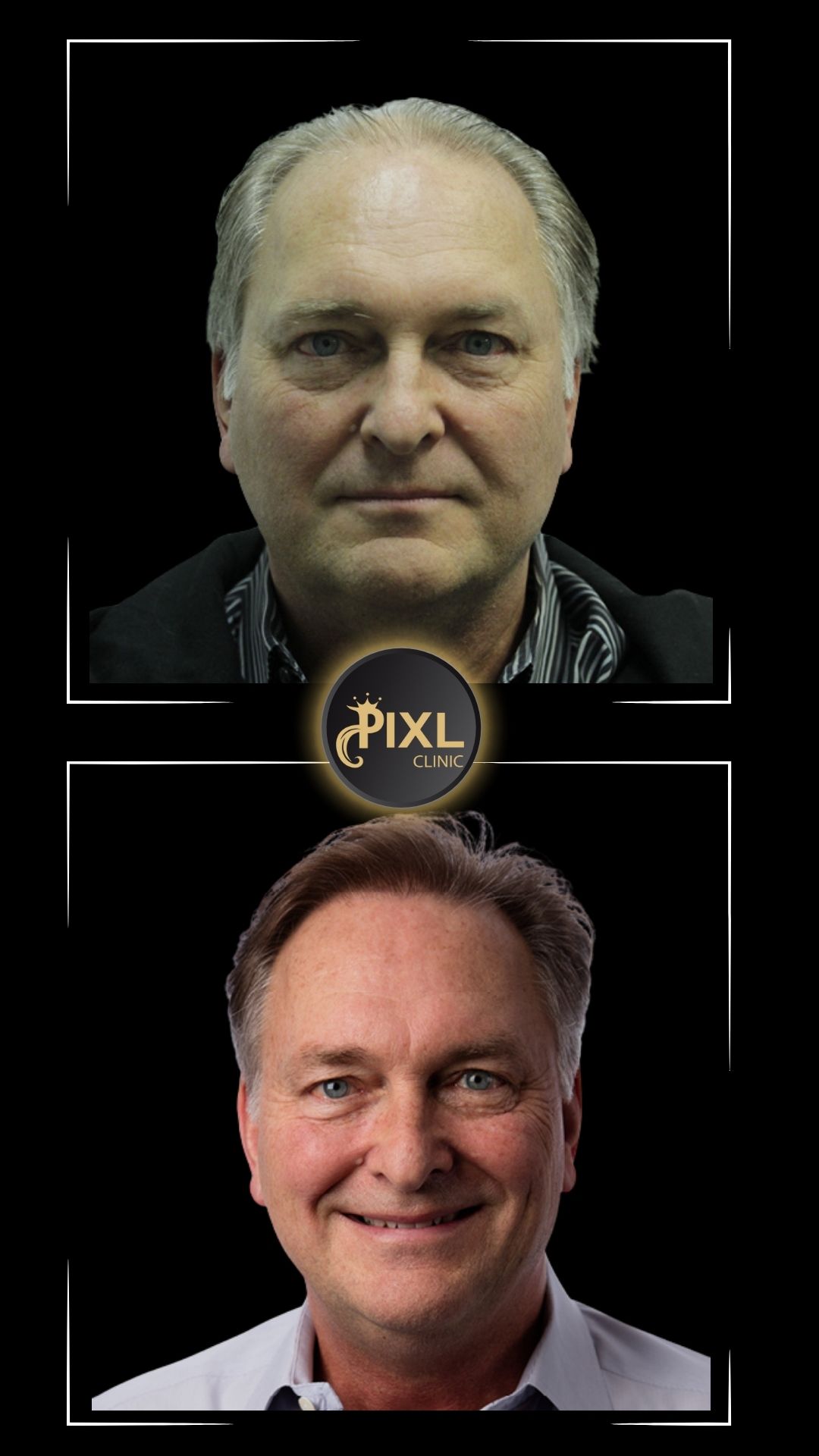Can Alcohol Cause Hair Loss? Exploring the Connection
Hair loss is a common concern, and its causes are as varied as they are complex. While genetics, age, and health conditions are the primary culprits, lifestyle factors can also play a role. One question that often arises is whether alcohol consumption can contribute to hair loss. In this blog, we’ll explore the connection between alcohol and hair health, and offer tips to maintain healthy hair.
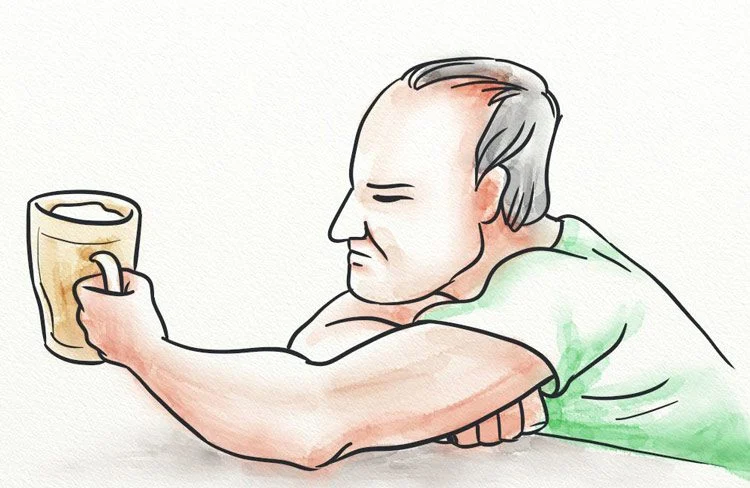
How Alcohol Affects the Body and Hair
Alcohol, when consumed in moderation, may not directly cause significant harm to hair health. However, excessive or long-term drinking can have indirect effects that may contribute to hair thinning or loss. Here’s how:
1. Nutritional Deficiencies
Alcohol interferes with the body’s ability to absorb essential nutrients, many of which are crucial for hair health:
- Vitamins (e.g., B-complex, Vitamin C, and Vitamin D): Important for hair growth and scalp health.
- Minerals (e.g., Zinc and Iron): Deficiencies in these minerals can weaken hair follicles and slow hair growth.
- Protein: Hair is made of keratin, a type of protein, and heavy drinking can reduce protein synthesis in the body.
2. Dehydration
Alcohol is a diuretic, which means it increases urine production, leading to dehydration. Dehydration affects the entire body, including the scalp:
- A dry scalp can lead to itchiness and dandruff, both of which can harm hair follicles.
- Dehydration can make hair brittle, prone to breakage, and less resilient.
3. Hormonal Imbalances
Excessive alcohol consumption can disrupt hormone levels, including:
- Cortisol: Elevated levels of this stress hormone can weaken hair follicles.
- Estrogen and Testosterone: Imbalances in these hormones can contribute to hair loss, particularly in individuals predisposed to androgenetic alopecia (pattern baldness).
4. Liver Damage
The liver plays a vital role in detoxifying the body and processing nutrients. Chronic alcohol abuse can damage the liver, reducing its ability to:
- Break down harmful toxins that can negatively affect hair growth.
- Support the production of essential hormones and nutrients for hair health.
5. Increased Stress Levels
Alcohol can exacerbate stress, both mentally and physically. Stress is a well-known factor in hair loss conditions like telogen effluvium, where hair prematurely enters the shedding phase of the hair growth cycle.
Can Occasional Drinking Cause Hair Loss?
For most people, moderate drinking is unlikely to cause noticeable hair loss. However, if alcohol consumption becomes excessive or habitual, the factors mentioned above may compound over time and contribute to thinning hair or hair loss.
How to Protect Your Hair While Enjoying Alcohol in Moderation
Stay Hydrated:
- For every alcoholic drink, consume a glass of water to counteract dehydration.
Maintain a Balanced Diet:
- Ensure you’re getting enough vitamins and minerals through nutrient-rich foods like leafy greens, lean proteins, nuts, and whole grains.
Limit Alcohol Consumption:
- Follow recommended guidelines (e.g., no more than one drink per day for women and two for men) to minimize long-term health risks.
Supplement Wisely:
- If you suspect a deficiency, consider supplements like biotin, zinc, or vitamin D—but always consult a healthcare provider first.
Manage Stress Levels:
- Engage in stress-reducing activities like yoga, meditation, or regular exercise.
Avoid Smoking:
- If you drink alcohol, avoid compounding damage by smoking, which can further harm hair health.
When to See a Specialist
If you notice significant hair loss, thinning, or scalp issues, it’s essential to consult a dermatologist or trichologist. They can assess whether alcohol or other factors may be contributing and recommend treatments tailored to your needs.
While alcohol isn’t a direct cause of hair loss, excessive consumption can contribute to conditions that weaken hair and scalp health. Maintaining a balanced lifestyle, with moderate alcohol intake, proper nutrition, and self-care, can help protect your hair and overall well-being.
Your hair is a reflection of your health—so treat your body kindly, and your hair will thank you!
FAQ: Can Alcohol Cause Hair Loss?
Can alcohol directly cause hair loss?
No, alcohol does not directly cause hair loss. However, excessive or chronic drinking can lead to conditions like nutritional deficiencies, dehydration, and hormonal imbalances, which can indirectly contribute to hair thinning or loss.
How does alcohol affect hair growth?
Alcohol can impact hair growth in several ways:
- Nutritional Deficiencies: It reduces the body’s ability to absorb essential nutrients like zinc, iron, and B vitamins, which are crucial for healthy hair.
- Dehydration: Alcohol dehydrates the body and scalp, making hair brittle and prone to breakage.
- Hormonal Imbalances: It can disrupt hormone levels, which may affect the hair growth cycle.
Can occasional drinking harm my hair?
For most people, occasional or moderate drinking is unlikely to cause noticeable harm to hair. Problems arise with excessive or long-term alcohol use, which may compound over time and impact hair health.
Does binge drinking lead to hair loss?
Binge drinking can exacerbate the negative effects of alcohol, such as dehydration, stress, and nutrient depletion. Over time, this may weaken hair follicles and lead to increased hair shedding or thinning.
Can alcohol worsen genetic hair loss (androgenetic alopecia)?
While alcohol doesn’t directly cause genetic hair loss, it can aggravate underlying conditions by impacting hormone levels (e.g., testosterone and DHT) and reducing the nutrients needed to support healthy hair growth.
Does alcohol consumption lead to dry scalp or dandruff?
Yes, alcohol can contribute to a dry scalp because it dehydrates the body. A dry scalp is more prone to flaking and dandruff, which can impact hair follicle health if left untreated.
How can I minimize the effects of alcohol on my hair?
- Stay Hydrated: Drink plenty of water alongside alcohol to reduce dehydration.
- Eat a Balanced Diet: Focus on nutrient-rich foods to support hair health.
- Limit Alcohol Intake: Stick to moderate drinking guidelines to avoid long-term damage.
- Take Supplements: Consider vitamins like biotin, zinc, and vitamin D if you suspect a deficiency (consult a doctor first).
Is hair loss from alcohol reversible?
Yes, in many cases, hair loss due to alcohol-related factors like poor nutrition or dehydration can be reversed by improving your diet, hydration, and overall lifestyle. However, if the hair loss is due to permanent damage or a genetic condition, it may require professional treatment.
Does alcohol-induced stress cause hair loss?
Alcohol can increase stress levels, which may contribute to conditions like telogen effluvium—a temporary form of hair loss triggered by physical or emotional stress.
How can I tell if alcohol is causing my hair loss?
If you’re experiencing hair thinning or loss and drink alcohol regularly:
- Evaluate your drinking habits and overall lifestyle.
- Look for signs of nutrient deficiencies, such as fatigue, brittle nails, or dry skin.
- Consult a healthcare provider or dermatologist for a professional assessment.
Are there specific drinks that are worse for hair health?
All alcoholic beverages have similar effects on hydration and nutrient absorption when consumed in excess. Drinks high in sugar (e.g., cocktails or sweetened liquors) may have an additional negative impact by promoting inflammation, which can affect hair follicles.
Should I stop drinking alcohol to protect my hair?
You don’t necessarily have to stop drinking entirely. Moderation is key:
- Follow recommended guidelines for alcohol intake (1 drink/day for women, 2 drinks/day for men).
- Pair drinking with healthy habits like proper hydration and nutrition.
When should I see a doctor for hair loss?
If you notice persistent or severe hair loss, thinning, or scalp issues, it’s essential to consult a dermatologist or trichologist. They can determine if alcohol, genetics, or another underlying condition is the cause and recommend appropriate treatments.
Can improving my lifestyle reverse alcohol-related hair loss?
Yes! Quitting or reducing alcohol consumption, maintaining a balanced diet, staying hydrated, and addressing stress can significantly improve hair health over time.

